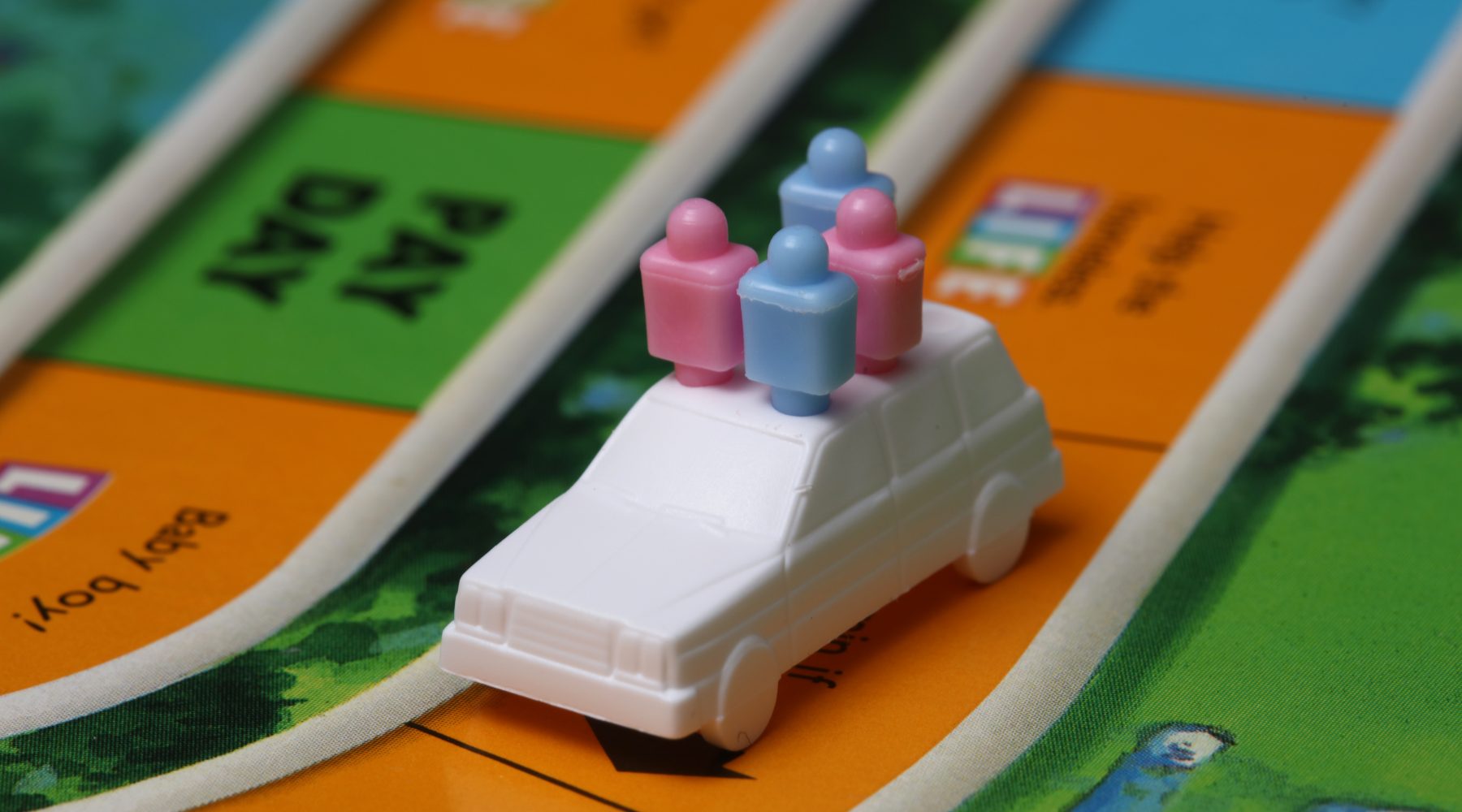Bust out the board games: structured play unlocks self regulation

A study from New Zealand’s University of Otago has found that simple games and day-to-day tasks can support children to learn to regulate their emotions and behaviours, “a key early developmental skill that predicts a wide array of life outcomes”, researchers said.
Lead author Dr Dione Healey says self-regulation is “essential for school readiness and success as you need to be able to sit still, not blurt out answers, persist with tasks, manage frustrations, and give and take in social relationships.”
Dr Healey said early self-regulatory skills are predictive of adult outcomes, with the Dunedin longitudinal study showing that poor self-regulatory skills at age three predict a wide array of adverse adult outcomes including higher rates of incarceration, poorer physical health, higher unemployment rates, and mental health difficulties.
“Therefore if we can find ways to improve self-regulation in preschoolers we can alter the life course trajectory for many individuals,” Dr Healey says.
The number of preschoolers with behavioural difficulties (including hyperactivity, inattention, and aggression) is on the rise, but current treatments, including medication, have their limitations and are not effective for all children, she added, saying that the current “gold-standard treatment” in New Zealand for these children is the Positive Parenting Programme (Triple P), which works to improve self-regulation by providing clear and logical consequences to guide behaviour, and uses techniques such as quiet time and time out to allow children space to self-soothe.
In the study, published in Scientific Reports, Dr Healey trialled an alternative intervention based on structured play. Enhancing Neurobehavioural Gains with the Aid of Games and Exercise (ENGAGE), was found to be equally effective in managing children with difficult behaviour, and complemented current treatment options.
“Children learn self-regulation through play. In structured games they need to wait their turn, plan their next move, focus on the ball, and manage frustration when things don’t go their way,” Dr Healey said.
ENGAGE involves parents playing a range of common games with their children in a structured way, for 30 minutes a day. Games can include puzzles, musical statues, hop scotch, blocks and skip rope.
Sixty families with children aged three to four took part in the study and were randomly assigned to undergo the Triple P or ENGAGE intervention over eight weeks with a follow-up after 12 months.
Overall, ENGAGE was found to be as effective in improving children’s behaviour as Triple P. Reductions in hyperactivity, inattention and aggression, to within the typical range for their age, was evident post-intervention, and maintained for 12 months afterwards, according to parent reports.
“Our results indicate that parents spending regular one-on-one time playing with their young children has the same positive effect on children’s behaviour as using behaviour-management techniques which have a long history of being effective in managing child behaviour.
“With ENGAGE, we now have an additional treatment option for young, at-risk children that is enjoyable, low cost, easily accessible, and associated with long-term maintenance of treatment gains. It’s good to have a choice of equally effective options as what works well for one family may not work as well for another,” Dr Healey said.
An example of the programme in action is a game participants played called ‘Animal Speeds’. Children would engage in various activities – such as dancing or moving around the room – at various speeds based on what animal name was called out. Cheetah mode was fast, giraffe mode was moderate speed, and tortoise mode was really slow.
“Then when they are out and about as a family, parents were able to just say ‘tortoise mode’ when they wanted their child to slow down. They found this worked really well and helped manage their child’s behaviour very effectively whereas in the past they were constantly telling their child to slow down with no success,” she added.
A large trial of ENGAGE has just been run in early childhood settings in Auckland, in conjunction with Dunedin’s Methodist Mission, along with a home-based care trial in partnership with pioneers in Dunedin.
“Results of these studies are still being worked through, but anecdotal feedback has been very positive and not only led to significant improvements in children’s behaviour, but in the practice of those teachers involved,” Dr Healey said.
The study is available to read here.
Popular

Workforce
Policy
Quality
Practice
Provider
Research
ECEC must change now, our children can’t wait for another inquiry
2025-07-02 07:47:14
by Fiona Alston

Workforce
Practice
Provider
Quality
Research
Supporting successful transitions: Big moves, big feelings
2025-06-26 11:00:30
by Fiona Alston

Practice
Quality
Research
When joyful autonomy matters so much more than curriculum outcomes
2025-06-25 09:30:36
by Contributed Content













